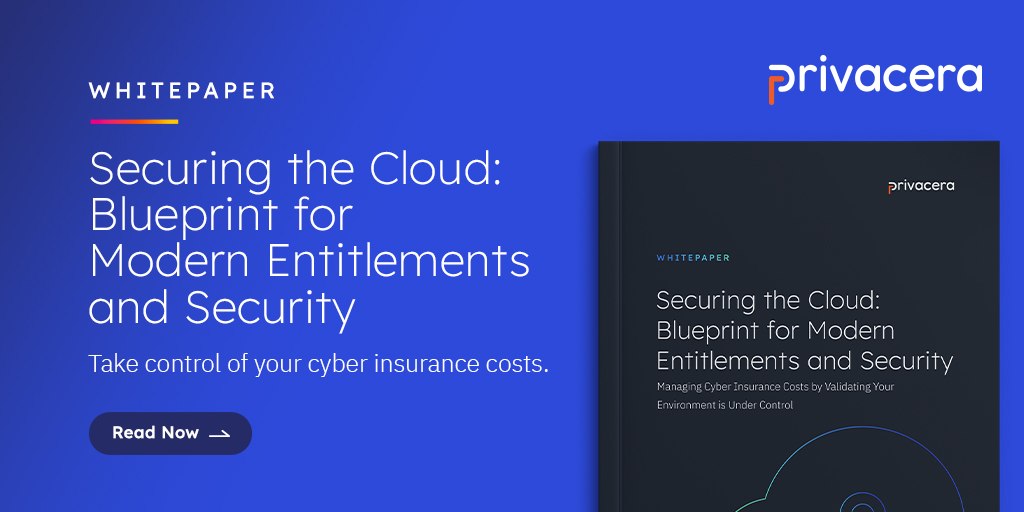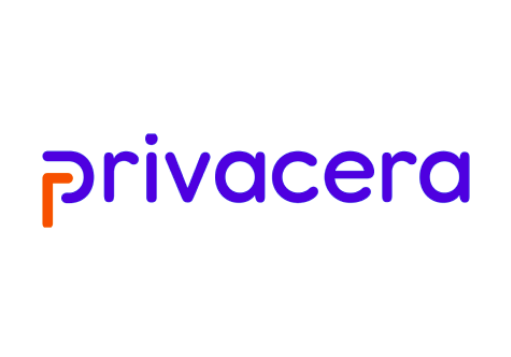Next-generation app developers, you’ve been working hard to build a winning GenAI-based application. But no amount of innovation and unique differentiators will help launch your app if it doesn’t have the right degree of security, privacy, compliance, and governance. In the rapidly evolving landscape of Generative AI (GenAI), the importance of integrating robust security and privacy measures from the get-go cannot be overstated. From ensuring basic procedures can be carried out responsibly and efficiently to attaining full stakeholder buy-in, funding, and enterprise-wide adoption, you must integrate baked-in governance for your GenAI applications.
Privacera AI Governance (PAIG) offers a comprehensive toolkit designed to enhance the security posture of your GenAI applications. Whether you’re developing chatbots, AI-as-a-Service (AIaaS), or automated tools, PAIG equips you with the necessary features to ensure your applications are not only innovative but also secure and compliant.
Getting Started with PAIG
PAIG stands as your ally in securing GenAI applications through data access controls, encryption, and policy-based response handling. Here is how you can embark on fortifying your GenAI application:
- Integration: The first step involves integrating your GenAI application with PAIG. This setup allows you to manage and govern your application effectively, leveraging PAIG’s security features.
- Exploration with pre-configured samples: PAIG comes preloaded with sample applications, providing a playground for developers to understand its capabilities. You can use these samples as a basis to explore or introduce a new AI application tailored to your needs. However you approach these preloaded samples, they will help you reduce your time to responsible innovation and accelerate your launch and widespread adoption.
Key Features of PAIG for GenAI Applications
GenAI and large language models (LLMs) revolutionize enterprise operations and customer interactions. For true success, you must do it securely and responsibly with data privacy, security, and compliance. The following lists key features of PAIG, which help you optimize and modernize with unified AI governance to revolutionize across your modern data, analytics, and AI enterprise estates.
- Data Access Controls, Data Masking, and Data Encryption: Implement granular controls over your data, ensuring sensitive information is masked, encrypted, or entirely removed from your pre-training pipelines.
- Policy-Based Prompts and Responses: Dynamically scan user inputs and outputs for sensitive data, applying privacy controls based on user identities, permissions, and governance policies.
- Sensitive Data Redaction: Detect and redact sensitive data in real time, ensuring your application’s responses are compliant and secure.
Furthermore, PAIG’s ability to secure vector databases (VecotorDBs) adds an extra layer of security, ensuring the data powering your GenAI applications is managed with the highest standards of governance. PAIG enables fine-grained data access and privacy controls for all VecotorDBs and embeddings, transforming your GenAI application security, privacy, and compliance from brick to a titanium firewall for your GenAI applications. PAIG accomplishes this for you via the following mechanisms:
- All access and policies applicable on the source systems is retained and replicated into the vector database.
- Fine-grained authorization can be implemented to comply with regulatory requirements. PAIG enables enforcement of policies based upon real-time content scanning.
- During retrieval, PAIG filters results, returning only data chunks the user or group has permissions and entitlements to access.
- Fine-grained metadata filtering adds a layer of specificity based on the values within each tag, allowing policies based on metadata values.
Use Cases: Securing Your GenAI Application with PAIG
1. Observability in Default Access Policy
When a new GenAI application is integrated, PAIG can focus on monitoring user interactions and system responses. This phase is crucial for gathering insights and evaluating the effectiveness of security settings, such as personal identifiable information (PII) data redaction.
2. Deny Access Policy
PAIG allows for the enforcement of restrictive access policies. For example, altering permissions to exclude specific user groups from accessing the application helps in validating access control mechanisms and ensuring unauthorized access is effectively blocked.
3. Selective Redaction of Sensitive Information
PAIG’s configuration can be tailored to selectively redact PII data from prompts and responses based on user roles and group memberships. This adaptability ensures a balance between operational needs and data privacy.
Conclusion
The integration of PAIG into your GenAI application development process not only fortifies your applications against security threats but also ensures compliance with privacy regulations. By harnessing the power of PAIG’s comprehensive security features, developers can create GenAI applications that are not just technologically advanced but also secure and trusted by all users.
Embrace PAIG in your development workflow to build GenAI applications that stand at the forefront of innovation, security, and privacy. See first-hand what unified data security governance for generative AI models and applications can do for your secure, compliant GenAI app building. Request your PAIG demo now.





